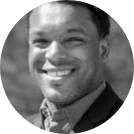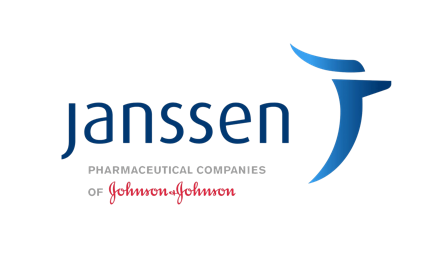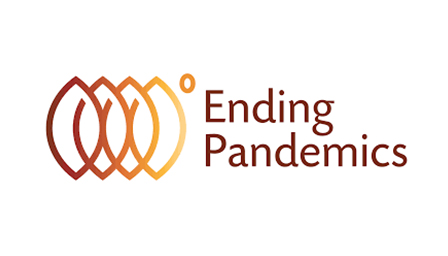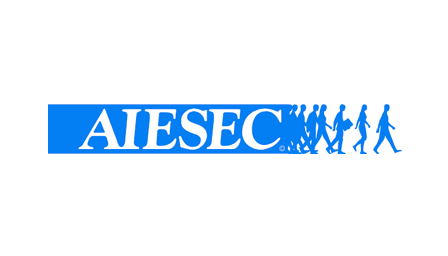
We have been an antibody to the virus of disinformation, lack of urgency, and uncoordinated efforts in the fight against dengue
Introduction
Intro message from programme manager
Over the last four years Break Dengue, together with its partners, has been an antibody to the virus of disinformation, lack of urgency, and uncoordinated efforts in the fight against dengue. As we begin 2018, Break Dengue is reflecting on a year of growth.
We’ve welcomed new partners and collaborators such as Janssen and Ending Pandemics, taken our strategy and tools to the field in countries including Colombia and Sri Lanka, and been recognized for our innovative efforts to combat dengue.
We look forward to working together in the exciting year ahead.
Aaron Hoyles
Programme Manager
Partners growth
In 2017 Break Dengue proudly welcomed Janssen Pharmaceutica, a Johnson & Johnson company, as a partner. In addition to participating in Break Dengue’s full agenda of activities, Janssen is a key partner in the eBarometer project.
Break Dengue was also excited to begin a partnership with AIESEC, the world’s largest youth leadership organization. With AIESEC, Break Dengue is building capacity to engage with local communities through projects on the ground.
Break Dengue also forged a promising new alliance with Ending Pandemics, which sponsored Break Dengue’s participation in Epihack Sri Lanka. Nicholas Brooke, the founder of Break Dengue, attended the 5 day hackathon from 6th-10th November 2017, with a variety of professionals and dengue experts brought together to hack an open source digital solution to dengue communication and surveillance.
Advancing the eBarometer project
In 2017 Break Dengue advanced the development of a groundbreaking step in dengue surveillance, the dengue eBarometer. The eBarometer represents one of a number of strategic projects through which Break Dengue acts to lead impactful projects that fight dengue on the ground.
The dengue eBarometer will combine data and analytics to produce a revolutionary, actionable, vector-borne disease surveillance and alert system. The team building the eBarometer came together to plan the next phase of development at our offices in Brussels.
Scientific publications
In 2017 we were honoured to publish, together with our partners at Harvard Medical School, a research paper revealing how search engines can be used to monitor dengue fever outbreaks in underdeveloped countries. The paper was published in PLOS Computational Biology, a peer-reviewed scientific journal and it looks at how big data analytics combing Google searchers with official clinical data from government sources can give a quick and accurate picture of dengue outbreaks.
A WHO Report on eHealth cited Break Dengue in 2017. The report – Global diffusion of eHealth: making universal health coverage achievable – was produced by the WHO’s Global Observatory for eHealth, and looks at how governments and organizations around the world are embracing eHealth, big data and information communications technologies to advance global health.
The report explains how Break Dengue has built a coalition of stakeholders to meet the considerable challenge posed by dengue fever. In particular, the authors note that, since its creation in 2013, we have encouraged stakeholders to look at the bigger picture, rather than focusing on single aspects of the challenge such as vector control or vaccine development.
Mobilization campaign performance with emphasis on local-level impact
Break Dengue had the pleasure to launch our awareness and mobilization campaign live, in Cartagena, Colombia in front of 600 young leaders and influencers from Latin America. The “Don’t Let Dengue Break You” awareness campaign puts an emphasis on the people who went “missing” because of dengue - our friends, family members or colleagues whose lives were disrupted because of the disease.
We followed up with an intense online campaign during the remainder of 2017, focusing on communicating about dengue risk and prevention methods to communities most affected by the disease in South East Asia, South America and Africa. The campaign reached almost 6 million people from dengue endemic areas.
In addition to this, we also worked on bringing Break Dengue to local communities by developing a youth-led outreach campaign in Brazilian communities affected by dengue. Our programme, “Don’t let dengue break Brazil”, will bring youth leaders from throughout Latin America to São Paulo, Santa Maria and Maringá to work on projects designed to raise awareness and a sense of urgency about dengue, teach dengue prevention techniques and mobilize communities against dengue.
Strategic approach for 2018
Building upon the program’s success
Break Dengue’s 2018 strategy builds upon the programme’s success and continues to develop new opportunities for the programme to make an impact.
By leading impactful projects to fight dengue on the ground, Break Dengue is entering communities affected by dengue, such as those in Brazil. Meanwhile, the programme will continue to foster innovation and drive results with projects that use collective impact to develop and deploy solutions to dengue, such as the eBarometer.
Continuing to strengthen and activate the dengue ecosystem continues to be a key strategic focus of the programme. Break Dengue will engage with our network and inspire them to join the fight against dengue using platforms such as Dengue Lab to build and nurture a sustainable ecosystem that allows diverse groups to connect, share and collaborate.
Continuing to strengthen and activate the dengue ecosystem continues to be a key strategic focus of the program.
Break Dengue will also continue to use its well-established editorial and digital platforms to educate and mobilize the general public against dengue.
By educating the public on dengue, its risks, and dengue solutions, Break Dengue will communicate the disease burden and build a sense of urgency. Our work aims to activate communities and stakeholders to contribute to dengue prevention.
Finally, Break Dengue’s leadership will continue to strengthen the programme’s foundation and enabling capacity building. This is accomplished with a strong governance structure, diversified and sustainable funding and cultivating a diverse membership.
Membership & Partners
Testimonials
-
“…the collaboration Break Dengue facilitated has proved beneficial and has advanced my project’s goals…”

Dr. Aileen Chang
Asst. Prof. Of Medicine, George Washington University, Colombia Dengue Prize Winner
-
"Collaborative approaches have the greatest potential to make an impact in reducing the burden of dengue worldwide. In this regard, Break Dengue has done a great job at getting involved in basic scientific research, fostering partnerships between academic and private institutions, and reaching out to local health authorities and communities that are affected by dengue. The ability to successfully navigate these often-disconnected ecosystems is the strength of Break Dengue. It has been a great experience to be a member and collaborator of Break Dengue."

Mauricio Santillana
Assistant Professor, Harvard Medical School
The Break Dengue Team
Board members and The Synergist team
The Break Dengue Advisory Board consists of:
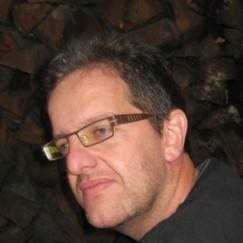
Marnix Van Loock
Associate Scientific Director at Janssen, Pharmaceutical
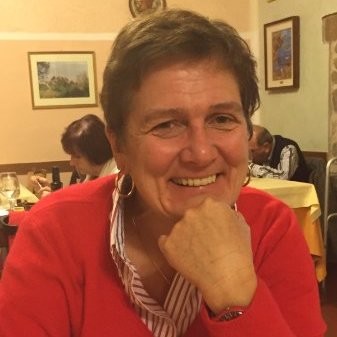
Bernadette Hendrickx
CEO and Founder SAHB Consulting
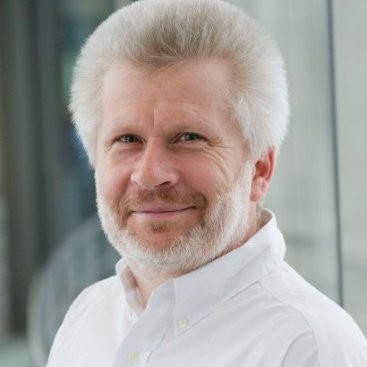
Lode Dewulf
Medical Coordinator, Doctors of the World (Medecins du Monde) Belgium
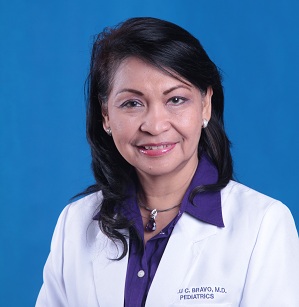
Dr. Lulu Bravo
Professor of Pediatric Infectious and Tropical Diseases at the College of Medicine, University of the Philippines Manila
The Break Dengue team consists of:
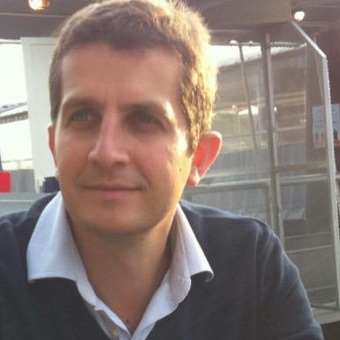
Nicholas Brooke
Executive Directors
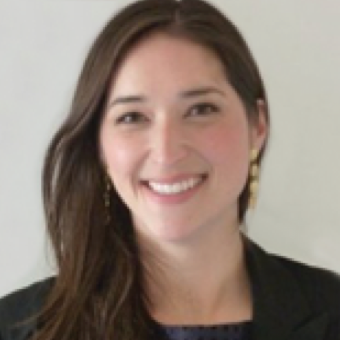
Helena Harnik
Operational Director

Martina O'Regan
Talent Development and Happiness Manager
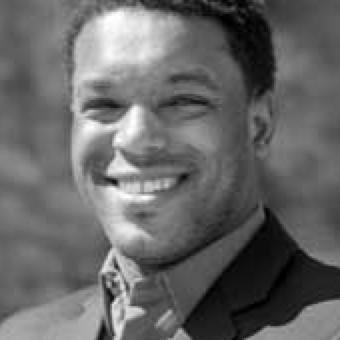
Aaron Hoyles
Programme Manager

Diana Zaharia
Communications Manager
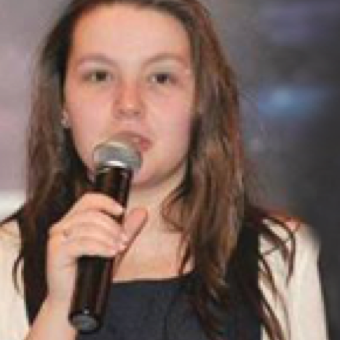
Roxana Radu
Communication Coordinator

Natalia Sharamandzhieva
Project Coordinator
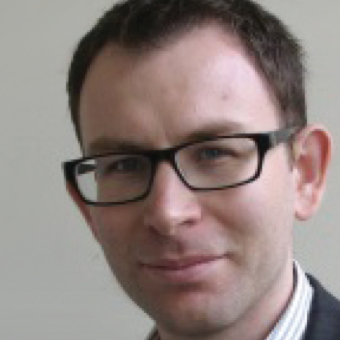
Gary Finnegan
Chief Editor, Break Dengue
